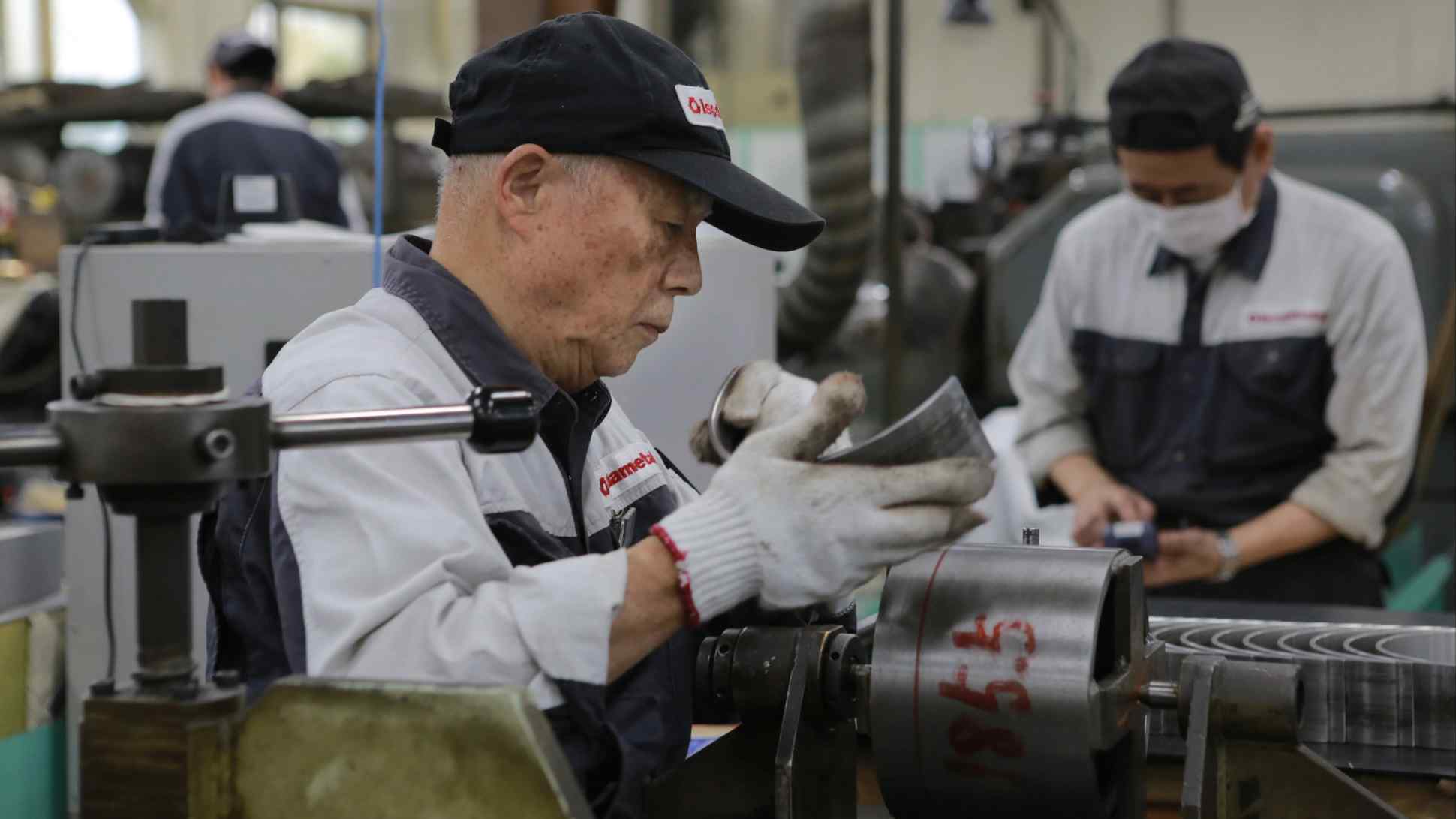I would like to ask, how many precedents are currently applied in resolving disputes over land donation contracts that are recognized by law?...View more
Wage is understood as the amount of money that the employer, after using labor and making a profit from the employee, must fulfill the obligation to pay wages on the basis of entering into a labor contract or performance. perform specific work. Currently, for projects or constructions, investors pay salaries through contractors to support the management of salary payments to workers....View more
Currently, when employees and employers enter into contracts with each other, the agreement contents related to the form of salary payment are indispensable contents. As noted in Article 96 of the 2019 Labor Code, it is stipulated as follows:...View more
On August 25, 2023, the Vietnam General Confederation of Labor issued Decision No. 7785/QD-TLD on the implementation of policies to support trade union members and workers whose working hours are reduced or labor contracts are terminated due to enterprises cutting or reducing orders....View more
Current law has specific regulations on the employer's salary payment obligations. Pursuant to the provisions of Article 90 of the 2019 Labor Code, there are regulations on wages. Accordingly, salary is the amount of money that the employer will be obliged to pay to the employee according to the agreement of the parties to perform work in many different forms. salary by job and salary by title, including salary allowances and other additional payments as prescribed by law. Pursuant to the provisions of Article 18 of the 2019 Labor Code, there are regulations on the obligation to enter into labor contracts, specifically as follows:...View more
Article 94 of the 2019 Labor Code regulates the principles of salary payment. This Article stipulates the principles of salary payment as follows:...View more
According to the 2019 Labor Code and Decree 135/2020/ND-CP, important regulations related to elderly workers and retirement age have been introduced, with future retirement age adjustments. Currently, in 2023, the age considered an elderly worker is 60 years and 9 months for men and 56 years for women, and this age will gradually increase according to the roadmap....View more
Current law has specific regulations on conditions for foreign workers to work in the territory of Vietnam. Pursuant to the provisions of Article 151 of Labor Code 2019 There are regulations on the conditions of foreign workers working in Vietnam. Accordingly, foreign workers (workers identified as foreign nationals) to work in Vietnam need to meet the following basic conditions:...View more
In labor relations, parties often sign labor contracts to ensure their rights and interests. However, there are many cases where employers and employees do not sign a written labor contract....View more
When an individual participates in labor at an organization or enterprise, the labor contract is one of the indispensable documents before the parties can exercise their rights and obligations. The content of the labor contract clearly states all information such as job, work location, working time, salary, bonus, etc...View more



















